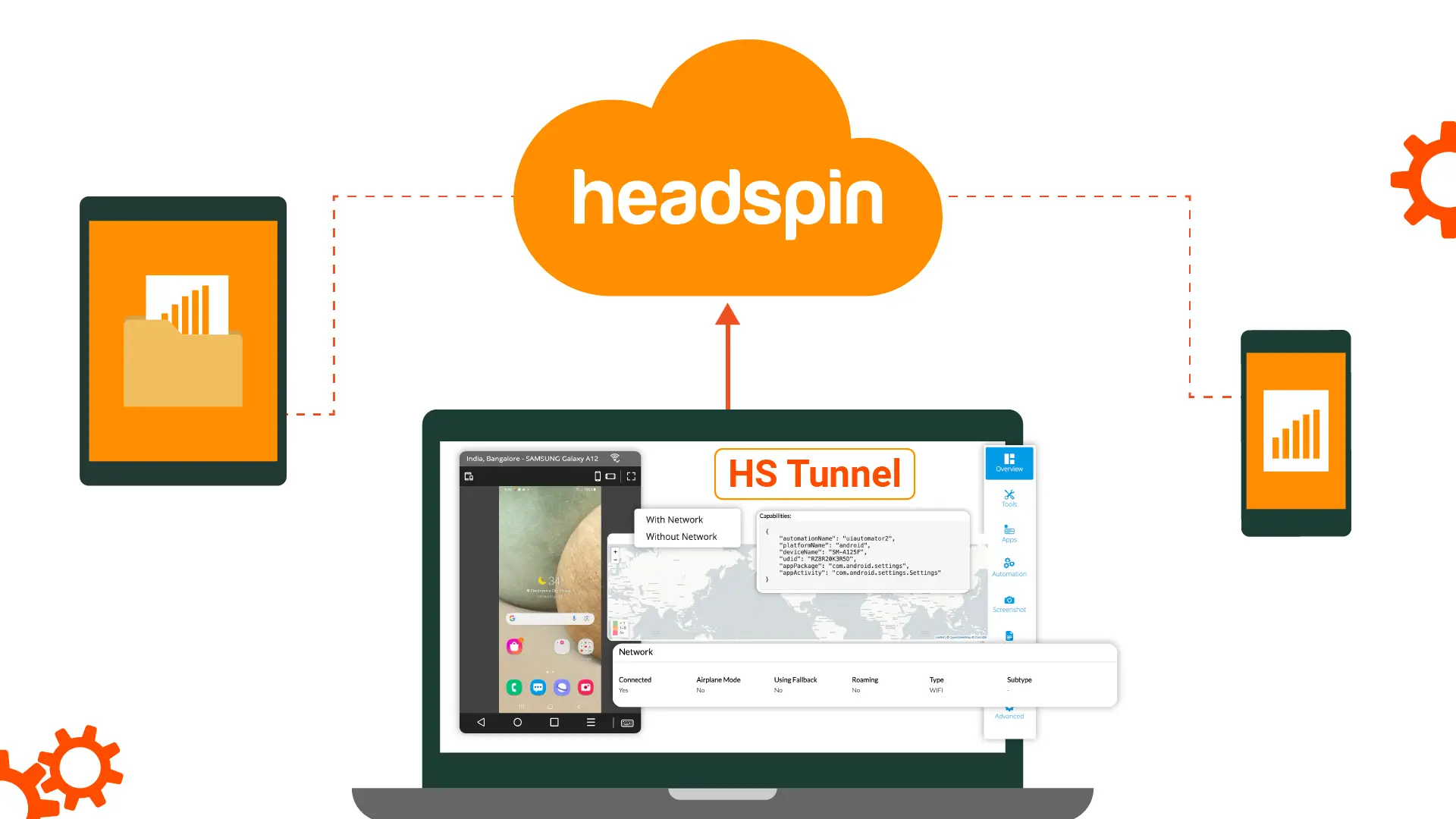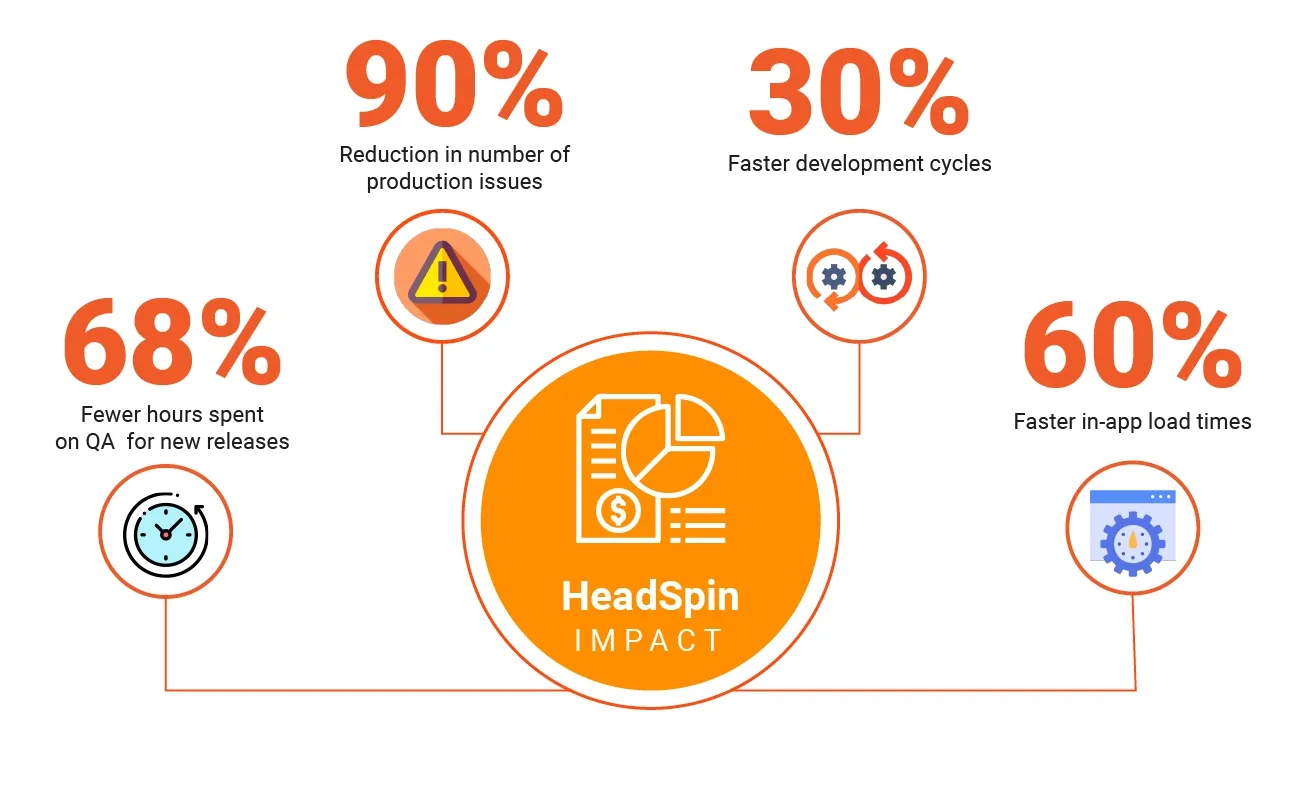Imagine you're building a travel app that suggests outfits to wear based on the current weather. To provide users with accurate recommendations, you need real-time weather data.
Setting up meteorological stations worldwide to gather weather data - a task daunting, not to mention exorbitantly expensive. That's where the utility of a weather API is. Instead of diving into such a mammoth task, you can harness the power of a Weather API equipped with the needed infrastructure.
This is where a weather API comes into play. Instead of setting up your own meteorological stations worldwide (which would be complex and expensive), you can simply request this data from a Weather API that already has this infrastructure in place.
So, let’s define an API.
An Application Programming Interface or API acts like an interpreter that enables two software to share data and interact with each other by translating their requests and responses into the desired language. These tools play a significant role in ensuring the smooth operation of APIs and facilitating integration between different software systems.
What are automated API tools?
Automated API tools are sophisticated software designed to automatically test and monitor APIs' health, performance, and reliability. They ensure that the bridge between two software is functioning appropriately, without any glitches. By doing this, these tools not only save time and effort but also ensure that the software interactions are smooth and error-free, leading to a better user experience.
Read: The Benefits of Implementing Automated Testing Best Practices
What are API Testing Tools?
API testing tools are specialized software designed to test application programming interfaces (APIs) directly and as part of integration testing to ensure they meet functionality, reliability, performance, and security expectations. These API testing tools automate sending calls to the API, getting output, and recording the system's response. They're crucial in today's development landscape, where APIs form the backbone of many web and mobile applications.
Challenges in API Testing
API testing comes with its unique set of challenges. One major hurdle is understanding the API's logic, which can be complex and multifaceted. Testers must deal with various types of APIs, each with its intricacies. Ensuring the security and performance under load are other critical challenges. Additionally, the evolving nature of APIs means testers must adapt to changes and ensure backward compatibility.
- Complex Integration: APIs often interact with various other system components, making it challenging to isolate the API for testing and identify the source of any issues.
- Variety of APIs: Different types of APIs, such as REST, SOAP, and GraphQL, each have their own set of testing requirements and nuances.
- Security Concerns: Ensuring the security of APIs is paramount, as they can be vulnerable to various attacks. Testing must address authentication, authorization, data encryption, and access controls.
- Performance and Scalability: APIs must be tested to handle large requests and concurrent users, ensuring the system maintains performance under stress.
- Data Validation: A key testing challenge is ensuring that the API handles data correctly, validates input accurately, and provides consistent and correct outputs.
- Versioning and Compatibility: APIs evolve, introducing new versions. Maintaining backward compatibility and ensuring that changes do not break existing clients is a critical challenge.
- Automation: Creating automated tests for APIs can be complex but is essential for efficient testing, especially in agile and DevOps environments.
These challenges require thoughtful strategies and tools to ensure comprehensive and effective API testing.
Choosing the Right API Testing Tool
Selecting the right API testing tool is pivotal for effective testing. Consider the following factors:
- Compatibility: Investigate whether the API testing tool supports the specific API protocols your applications use, such as REST, SOAP, or GraphQL. Also, check if it can handle the data formats you work with, like JSON or XML.
- Ease of Use: The API testing tool should have a straightforward, intuitive interface. It's beneficial if it offers clear documentation, training resources, and a supportive user community.
- Features: Beyond basic testing capabilities, look for advanced features in the API testing tool, such as mock servers, API simulation, data-driven testing, and comprehensive analytics. The tool should also allow for effective test management and reporting.
- Integration Capabilities: The API testing tool's ability to integrate with other systems, such as your version control, build servers, and deployment tools, is crucial for maintaining a smooth and efficient workflow.
- Community and Support: A vibrant, responsive support team can provide valuable insights and assistance. Check if the tool has an active forum, regular updates, and accessible customer service.
- Cost: Evaluate the pricing model to ensure it aligns with the budget and comes with good value for the features provided. Consider potential scalability and the cost of additional features or user licenses.
You can choose an API testing tool that enhances your testing efficiency and effectiveness by carefully considering these factors.
Leveraging automated API tools for software testing — its benefits
In the tech world, automated API tools are becoming increasingly crucial for contemporary businesses. They're like an advanced ordering system for the digital landscape. Before, with manual processes, there was room for error, and tasks took longer. But with automation, things are swift, accurate, and efficient.
Here's how they're making a difference:
In today's digital age, these automated tools aren't just nice-to-haves; they're essentials. Here's their benefit:
- Speed and efficiency: Automated API testing tools expedite software testing processes, helping run numerous tests in parallel and accurately. This enables teams to evaluate and ensure their systems are functioning optimally — all this in a fraction of the time manual testing would require.
- Reliability: Automation helps reduce the risk of human errors and improves speed. This consistency in testing ensures that system inconsistencies or defects are identified and rectified proactively.
- Cost-effective: While there's an initial investment in setting up automated tools, the long-term savings are significant. By catching issues early, businesses can avoid expensive fixes down the road and optimize their resource allocation.
- Improved communication: APIs act as connectors between different software applications. Automated tools ensure that these connectors are robust and error-free, enabling seamless interoperability between systems.
- Scalability: As businesses grow, the number of API calls and the complexity of these interactions can increase. Automated tools can easily scale to accommodate this growth, ensuring consistent performance irrespective of the volume or complexity.
- Improved user experience: At the end of the day, seamless software integrations translate to a smoother user experience. Automated API tools ensure that different software components interact flawlessly, resulting in reliable and high-performing end products.
Leveraging API testing tools in Agile landscape
Agile methodologies emphasize iterative development and flexibility. Automated API tools fit perfectly into this framework. They allow for swift adaptations and adjustments, ensuring that businesses remain agile in their development processes.
Agile methodologies have transformed the way businesses approach development, championing adaptability and continuous iteration. Automated API tools naturally complement this approach. They provide the necessary dynamism to swiftly adapt and fine-tune processes, bolstering the agility of development cycles.
In the Agile framework, where speed and adaptability are paramount, the right tools can make all the difference. Automated API tools are becoming the go-to solution. Why? They fit perfectly into the Agile process, allowing businesses to make real-time adjustments and maintain their agility.
API test automation is pivotal in ensuring the robustness, security, and functionality of APIs in today's software development landscape.
Also read: Different Types of Test Automation Frameworks
10 leading automated API testing tools
In the domain of software testing, the quest to identify the best tool for API automation is ongoing. With the increasing complexity of applications, having reliable API test automation tools has become imperative. These tools offer a systematic approach to validate API functionalities, ensuring seamless integrations and top-notch performance. As the market evolves, it's crucial for QA teams and developers to stay updated on the leading solutions to ensure they're leveraging the best tool for their API automation needs. Here are the top tools for API test automation:
Postman
Predominantly known for API development, Postman has extensive features to serve as a tool for API test automation. This tool offers a user-friendly interface, collaboration features, and an extensive library of integrations.
Key features:
- Built-in runner for executing collections of tests.
- Extensive environment and variable support for diverse scenarios.
- Collection sharing and collaborative features.
- Newman CLI integration for continuous integration.
- Rich reporting capabilities with detailed insights.
Limitation
Postman can be slow with larger datasets, and some advanced features are behind a paywall.
Check out: Step-by-Step Guide to Utilizing QA Automation to Its Fullest
JMeter
JMeter is leveraged for functional API testing. This is often considered as a leading tool for API automation that helps boost the performance of API testing.
Key features:
- Multi-threading capabilities for simulating multiple user requests.
- Extensible through a vast array of plugins.
- Integrated real-time results.
- Support for parameterization to test varied inputs.
- Multi-protocol support, including HTTP, SOAP, JDBC, and more.
REST-assured
REST-assured is a Java DSL tool designed for testing REST services that helps validate and verify the response of the requests.
Key features:
- Integrates seamlessly with existing Java-based frameworks.
- BDD-syntax support, making tests more readable.
- JSON and XML path support for response validation.
- Authentication support (Basic, OAuth2, and more).
- Seamless integration with Maven and Gradle.
Limitation
REST-assured necessitates Java proficiency.
Karate DSL
This is a dedicated framework blending API test automation, mocks, and performance into one. With Karate DSL, teams can use a single framework for multiple needs, which promotes clear documentation.
Key features:
- Expressive tests using Gherkin syntax.
- Parallel execution for performance testing.
- Built-in support for multi-threaded execution.
- Native JSON and XML assertions.
- Integrated mock server for simulating services.
Apigee
Beyond testing, Apigee offers an encompassing platform for API design, security, and analytics.
Key features:
- Traffic control with spike arrest and quota capabilities.
- Developer portal for seamless API documentation.
- Extensive analytics with custom reports.
- API runtime for improved request-response transformations.
- Edge micro gateway for offloading certain API traffic patterns.
Limitation
Apigee can often be overkill for basic testing needs and is more enterprise-oriented.
Soap UI
With the Free package, users can:
- Access the entire source code, enabling customization based on their needs.
- Design tests with ease through drag-and-drop and point-and-click functionalities.
- Repurpose load tests and security scans as functional test cases with just a few steps, leveraging the Script Reusability feature.
Opting for the Pro package offers:
- Robust data-driven testing capabilities, allowing users to mimic real-world consumer interactions with APIs using data from files, databases, or Excel.
- Comprehensive support for native CI/CD integrations and asynchronous testing.
Read: Step-by-Step Guide to Test Automation with Appium
ACCLEQ
Rooted in the cloud, ACCELQ emphasizes continuous testing across API, web, and mobile platforms.
Key features:
- Codeless automation with natural language programming.
- Visual application modeling for improved test clarity.
- Comprehensive logic builder for intricate scenarios.
- AI-powered debugging and analysis.
- Continuous integration and delivery capabilities.
Limitation
As with most codeless platforms, it may offer less flexibility for intricate test scenarios.
Tricentis Tosca
Tricentis Tosca offers a continuous testing platform for Agile and DevOps. This platform garners a model-based approach that supports over 160 technologies.
Key features:
- AI-driven script maintenance.
- Comprehensive dashboards and analytics.
- Risk-based test optimization.
- Seamless integration with popular CI/CD tools.
Limitation
Tricentis Tosca can limit its users with higher costs, which may be excessive for exclusive API testing needs.
Hoppscotch
Hoppscotch is a free, open-source, and fast API request builder, primarily used for testing and exploring APIs. The tool is web-based and offers a modern, user-friendly interface that developers and testers appreciate.
Key features
- Supports several HTTP methods, such as GET, POST, PUT, DELETE, and more.
- Offers real-time bi-directional interactive communication sessions.
- Integrated OAuth2.0 support ensures secure API testing and development.
- Does not store any data, request, or token, ensuring all testing remains confidential.
- Provides the ability to organize requests into collections and utilize environment variables.
It is equipped with GraphQL querying capabilities.
Also read: Decoding codeless Appium test automation with HeadSpin
API Fortress
API Fortress is a continuous testing platform specifically designed for API testing. It provides end-to-end validation for microservices, enabling full-stack testing.
Key features
- Integrates with any CI/CD tool, ensuring versatility for various software development environments
- Provides a centralized platform that promotes collaboration between developers, QA, and product teams.
- Provides a centralized platform with detailed logging, which promotes collaboration between developers, QA, and product teams.
- Promotes the "shift-left" approach in API testing, which involves testing early in the development cycle.
Limitations
- API Fortress has a steep learning curve for newcomers.
- Integration with certain third-party tools can be challenging.
HeadSpin closely works with several API tools, promoting business growth
HeadSpin's AI driven platform is designed for flexibility, ensuring seamless integration with a range of testing tools, including those specifically tailored for API testing. Here's how the integration typically works:
- Unified platform: HeadSpin provides a unified platform that can connect with various API testing tools, either through built-in plugins, SDKs, or APIs.
- Real-time monitoring: Once integrated, HeadSpin can provide real-time monitoring of API performance across different geographies, devices, and network conditions, supplementing the feedback provided by the API testing tool.
- Continuous integration/continuous deployment (CI/CD) support: The integration is likely designed to fit seamlessly into CI/CD pipelines, allowing for continuous API testing in varied real-world conditions.
Closing remarks
In the ever-evolving landscape of software testing, selecting the best API automation tools is paramount. As the complexity and integration requirements of modern applications grow, the reliance on API testing automation tools becomes even more pronounced. Such tools not only ensure that systems communicate effectively but also guarantee that the end product delivers an impeccable user experience. As we look to the future, staying informed and choosing the right tools will be the differentiator between average and excellence in API testing endeavors.
FAQs
Q1. What are the three types of testing in API?
Ans: The three primary types of API testing are:
- Functional Testing: Ensures that the API functions as intended and meets specified requirements.
- Performance Testing: Assesses the API's response times, stability, and reliability under different conditions.
- Security Testing: Evaluates the API for vulnerabilities, ensuring that data and operations are protected from unauthorized access or attacks.



























-1280X720-Final-2.jpg)










